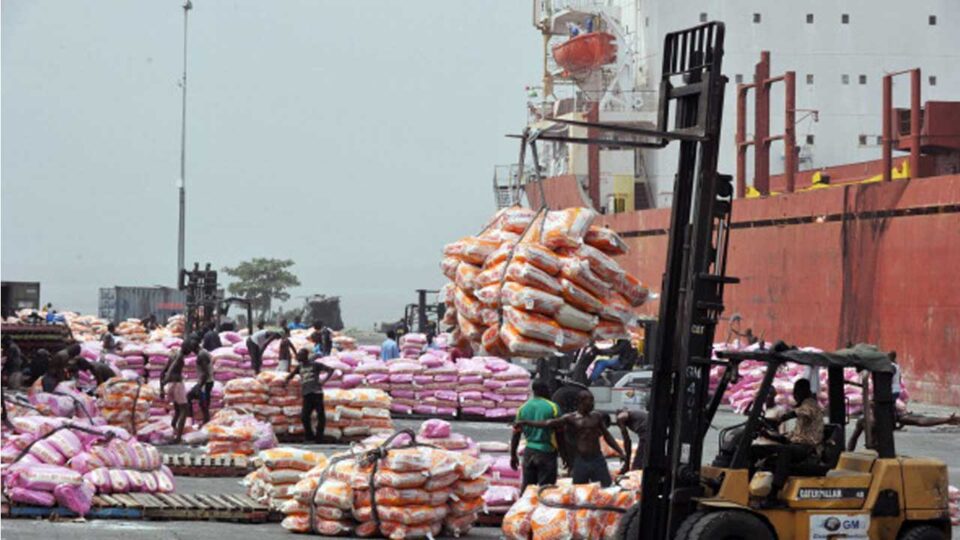
Food Imports Rise By 122% As Deficit Hits N4.9trn
Despite continuous government efforts to shore up food production in Nigeria through various intervention programmes, the country recorded foods trade deficit worth N4.92 trillion between 2018 and 2022.
Available data shows that Nigeria is not growing enough food for the populace, leaving the country with no option but to import.
Consequently, to feed its steadily rising population, the country recorded a 121.7 percent increase in the value of imported foods within the 5 year period, rising to N1.9 trillion in 2022 from N857 billion in 2018.
The development may not be unconnected with the heightening of insecurity in the country especially around the agricultural belt, which has forced many farmers to abandon their farmlands, thus prompting the government to spend millions of dollars importing food annually.
Data obtained from the National Bureau of Statistics (NBS) and the Central Bank of Nigeria (CBN) revealed that the total agricultural imports into Nigeria from 2018 to 2022 amounted to N6.916 trillion while total agricultural exports from the country within the period was N1.997 trillion, resulting in an agricultural trade deficit of N4.919 trillion.
The data also show that there have been steady increases in agricultural imports into the country since 2018 which recorded N857 billion imports; and rose to N959 billion in 2019; N1.2 trillion in 2020; N2 trillion in 2021; before a moderate decline to N1.9 trillion in 2022.
However, within the same period, agricultural exports from the country amounted to N302 billion in 2018; N270 billion in 2019; N322 billion in 2020; N505 billion in 2021; and N598 billion in 2022, indicating a rise of 98 percent from 2018 to 2022.
Some analysts have attributed the increases seen in exports to the aggressive non-oil export promotion programme of the government rather than increased output, a development which they see as counter-productive to the nation’s food security.
A related report by the NBS also indicated that the downturn in food production in the country may not be attributable to the impact of insecurity alone.
The report indicated that prices of key farming inputs such as seeds, herbicides, pesticides, fertilizers, and agro machinery rose sharply within the period, making it increasingly hard for farmers to expand their production and forcing many to cut down on production.
The various interventions by the federal government through the agencies appear to have done little to address the situation.
